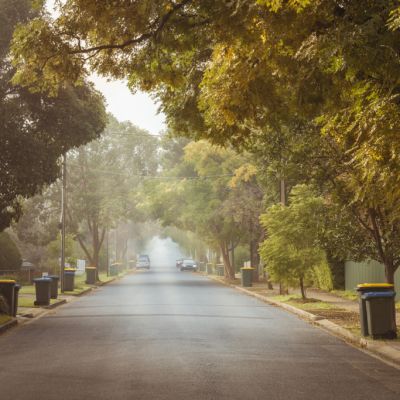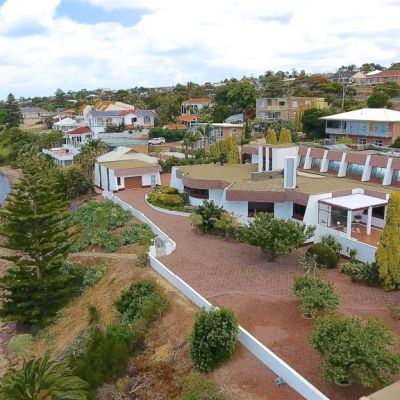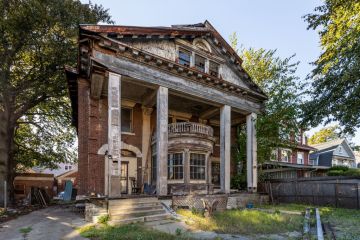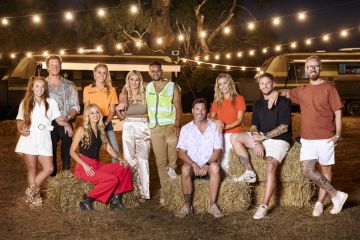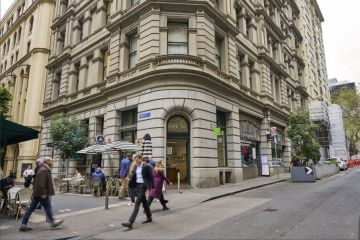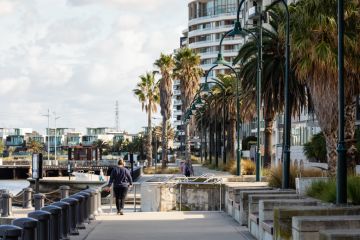Escape to Renmark, South Australia: Home to roses, wine, whisky, beer and the Dinghy Derby
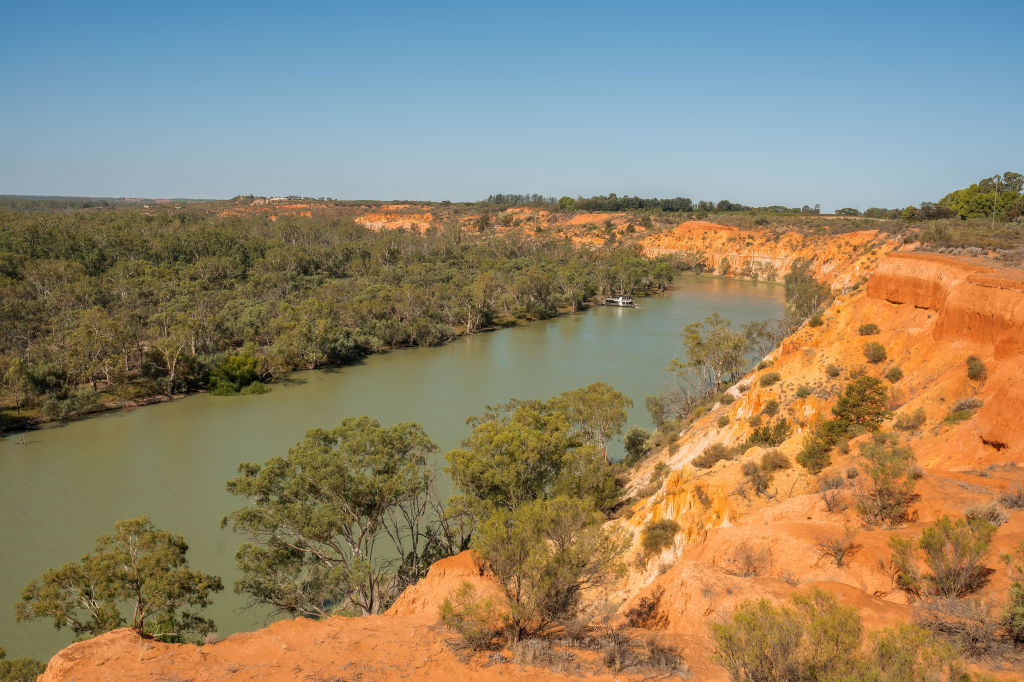
For tired city folk looking for the opportunity to relax and take in the mighty Murray River, the South Australian town of Renmark, about three hours from Adelaide on the Sturt Highway, offers a chance to get out on the water.
Perhaps, even, in one of the many houseboats that are dotted along the river’s bank.
The town also has plenty of festivities, hosting the Renmark Rose Festival in October, Rivafest in early January and the Riverland Dinghy Derby in early February, when modified fishing tinnies are raced at speeds of up to 90km/h along the Murray.
One particular claim to fame is that local winemaker Thomas Angove came up with the idea of the humble goon bag, which he patented in 1965.
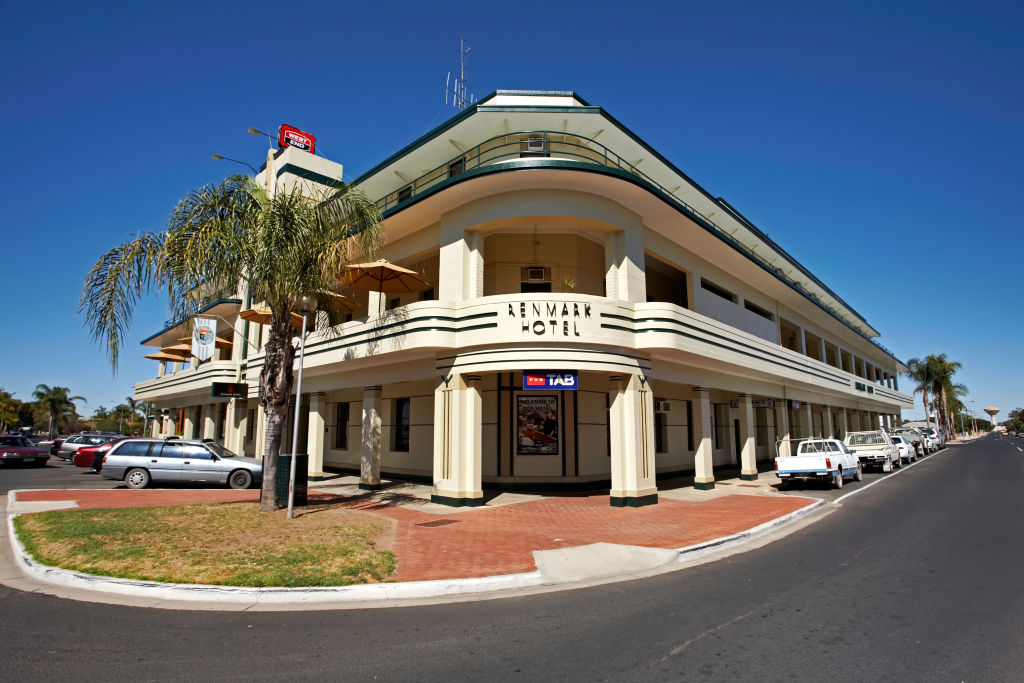
And it’s home to the first community-owned hotel in what was the entire British Empire at the time, which had a female publican back in 1897 when it opened.
Having relocated there in October, hotel general manager Adam Buckley said that he was loving living there.
“My dad has been bugging me a few years to run a pub on the river,” Mr Buckley said. “I used to come to Renmark when I was a kid on houseboat holidays. The waterskiing here is much better than Murray Bridge.”
“It’s a great place. You should come here. I’m really, really enjoying living up here,” he said, joking it was “really tough” looking out at the Murray River from his office window.
Mr Buckley said there plenty to do around Renmark for locals and weekend trippers alike, including visiting the local Woolshed Brewery — “just an unbelievable spot” — which served award-winning beers and could get 1000 people through on a Saturday, when they also had food trucks on hand to feed the hungry punters.
There was also the 23rd Street Distillery – which stocked a range of spirits, open seven days – several wineries and the popular T.H. Books bookshop.
“If you like your grog, you can hit a winery, a distillery and brewery in a couple of days” Mr Buckley said.
To balance out the food and drink, there are also eco-walking tours run along the Murray River, and, of course, the Dinghy Derby.
“It’s sponsored by Red Bull,” said Mr Buckley. “Basically they get in these little dinghies, they soup them up to 90km/h and race through the creek systems.
“That’s the first weekend in February. They come from all over to race for a $6 plastic trophy.”
In terms of music, the Renmark Hotel was looking to put on gigs, he said, with Phil Jamieson from Grinspoon playing in November and more acts planned for the new year.
It was the hotel’s goal to employ locals and give back to the community, Mr Buckley said.
Jessica Zimmerman, the venue manager at the 23rd Street Distillery, said people generally moved to the town for work, and for the Riverland lifestyle.
“I think the Riverland, and Renmark in particular, is experiencing quite a bit of growth at the moment,” she said. “We love being as local as possible; we use a lot of Renmark mandarins and oranges in our blends.
“We get a lot of tourists through. We’re on the road between Melbourne and Adelaide, and we’re only an hour and a half from Mildura.”
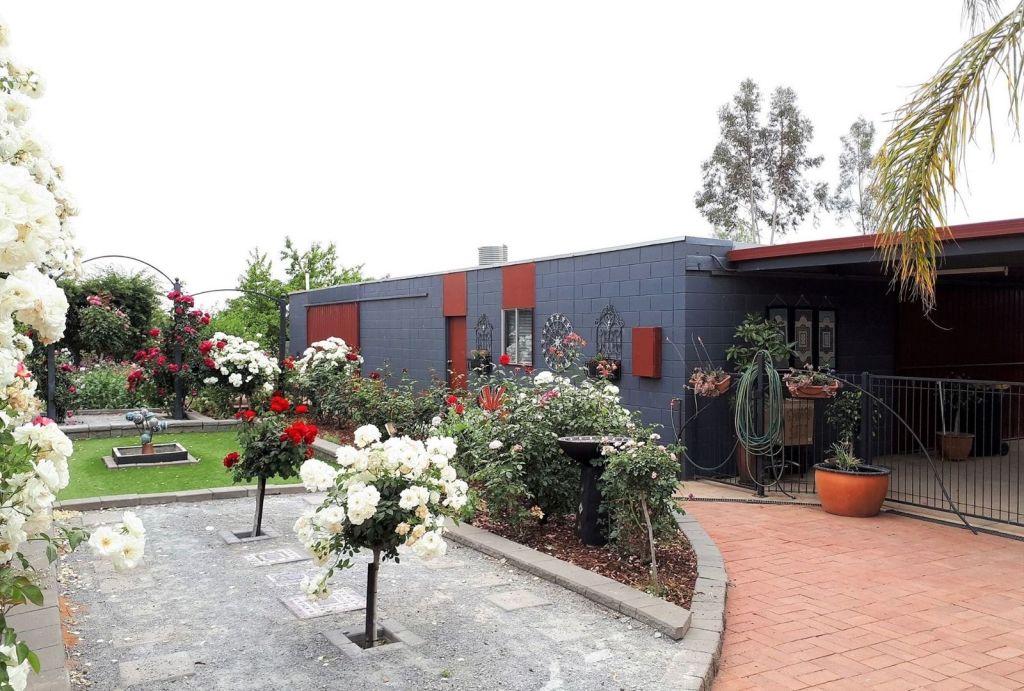
Ms Zimmerland said the relaxed rural lifestyle held a great deal of appeal.
“I think its a lovely town” she said. “It’s very country; it’s very laid back. It’s a small community, not everyone knows everyone but you can meet people you know in the street every day.”
Renmark itself was founded by two Canadian-born brothers, William and George Chaffey, who established an irrigation colony in the area in 1887. It’s grown a bit since then, with the 2016 Census recording the Renmark urban locality as having a population of 4634.
Domain data shows the median house price in Renmark is $230,300, with 6.4 per cent growth in 2018, while the median house rent is $275 per week.
The most expensive house sold this year in the town itself was a four-bedder at 15 New Landing Way, which traded for $565,000 via private treaty in April.
Agent Ben Townsend, from Ray White Renmark, said the last half a year or so had very been slow for sales, but things had started to pick up over the last month.
“There have been a few buyers from out of town,” Mr Townsend said. “As far as the population goes, it’s been pretty steady.”
The rental market was quite tight, he added.
“There’s a lack of people buying for investment. People can buy and don’t have to fill it,” Mr Townsend said, explaining the affordable prices meant that there wasn’t the financial pressure for investors to find a tenant.
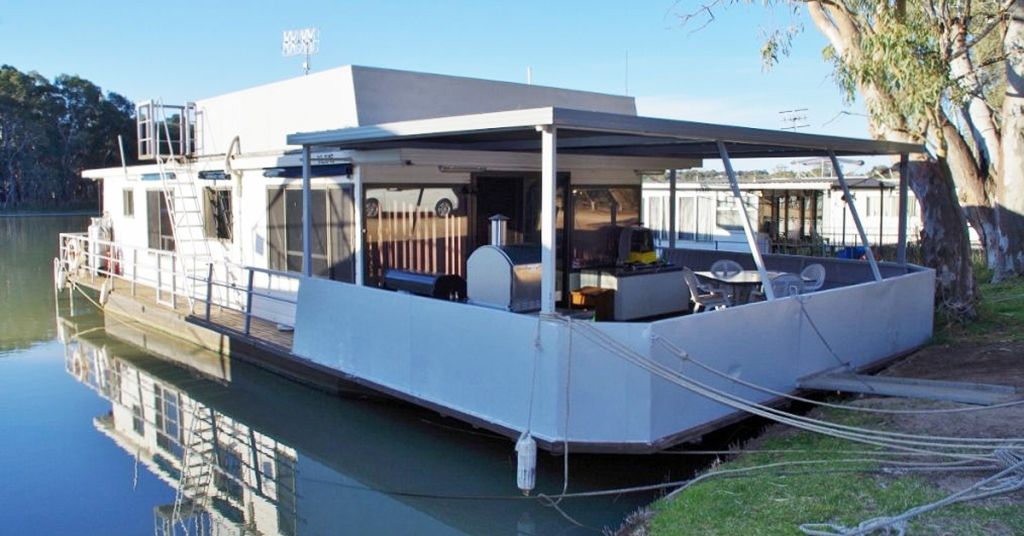
We recommend
We thought you might like
States
Capital Cities
Capital Cities - Rentals
Popular Areas
Allhomes
More
